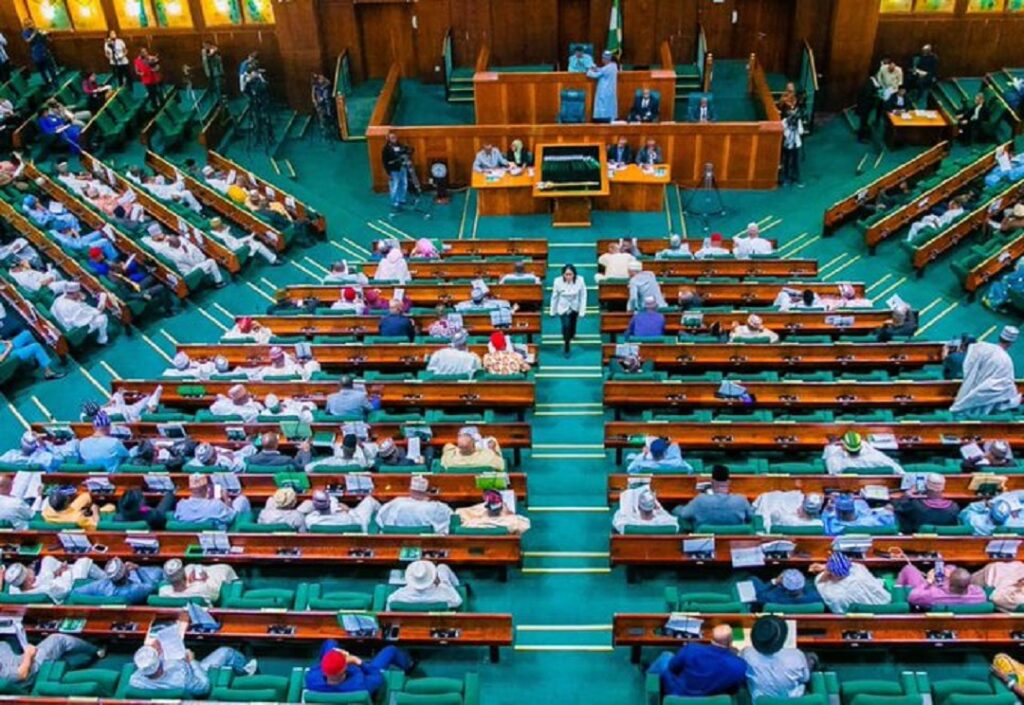The house of reprsentatives has called on the Central Bank of Nigeria (CBN) to suspend the planned implementation of an electronic invoice (e-invoice) for all import and export operations.
The lawmakers also asked the CBN to give 90 days timeline for subsequent new fiscal/monetary policy implementation to “allow for adjustment to stabilise the economy”.
The resolution was passed by the lower legislative chamber during the plenary session on Thursday following the adoption of a motion sponsored by Leke Abjide, a lawmaker from Kogi state.
An e-invoice is a digitally-delivered invoice issued, transmitted, received, processed, and stored in a specific standardised format.
The apex bank last week had stated that e-valuator and e-invoice would replace the hard copy final invoice as part of the documentation required for all import and export transactions from February 1.
The CBN also said import and export operations would require the submission of an electronic invoice authenticated by the Authorised Dealer Banks (ADBs) on the Nigeria single-window portal – Trade Monitoring System, adding that the new regulation is targetted at achieving accurate value from import and export items in and out of the country.
Leading the debate on the motion on Thursday, Abejide who is the chairman committee on customs and excise, kicked against the CBN directive, saying it does not provide enough time for stakeholders’ engagement.
“Sudden monetary/fiscal circular hurriedly or half-haphazard implemented often leads to policy summersault hence major policy change such as this,” Abejide said.
The lawmaker said a grace period of 90 days is “usually expected for transactions to run its full course to avoid distortion in the economy and also to avoid price distortions of trade”.
He said the CBN has “gradually deviated” from its sole function of providing monetary policy measures to concentrating on fiscal policy measures, which is the function of the ministry of finance.
Abejide said if the major stakeholders in the ports and the public are not given adequate time to study the policy, it will “distort prices of goods and services and create logjams for imports and exports, delay transactions and consequently cause ports congestion”.
“Importers and exporters in the manufacturing, mining and trading sectors would be affected because as the exceptions indicate that all exporters and importers with a cumulative invoicing value equal to or above $500,000 or its equivalent in foreign currency would be affected which is practically impossible to have anyone below this value cumulatively,” he added.
The motion was unanimously adopted.
Following that, the lower chamber asked the CBN to sensitise the public on the “workability of the policy in all major ports of entry, including seaports, airports, and border stations”.
It also invited Godwin Emefiele, governor of the CBN, to appear before its committee and explain if the policy will not affect the revenue generation of the Nigeria Customs.
